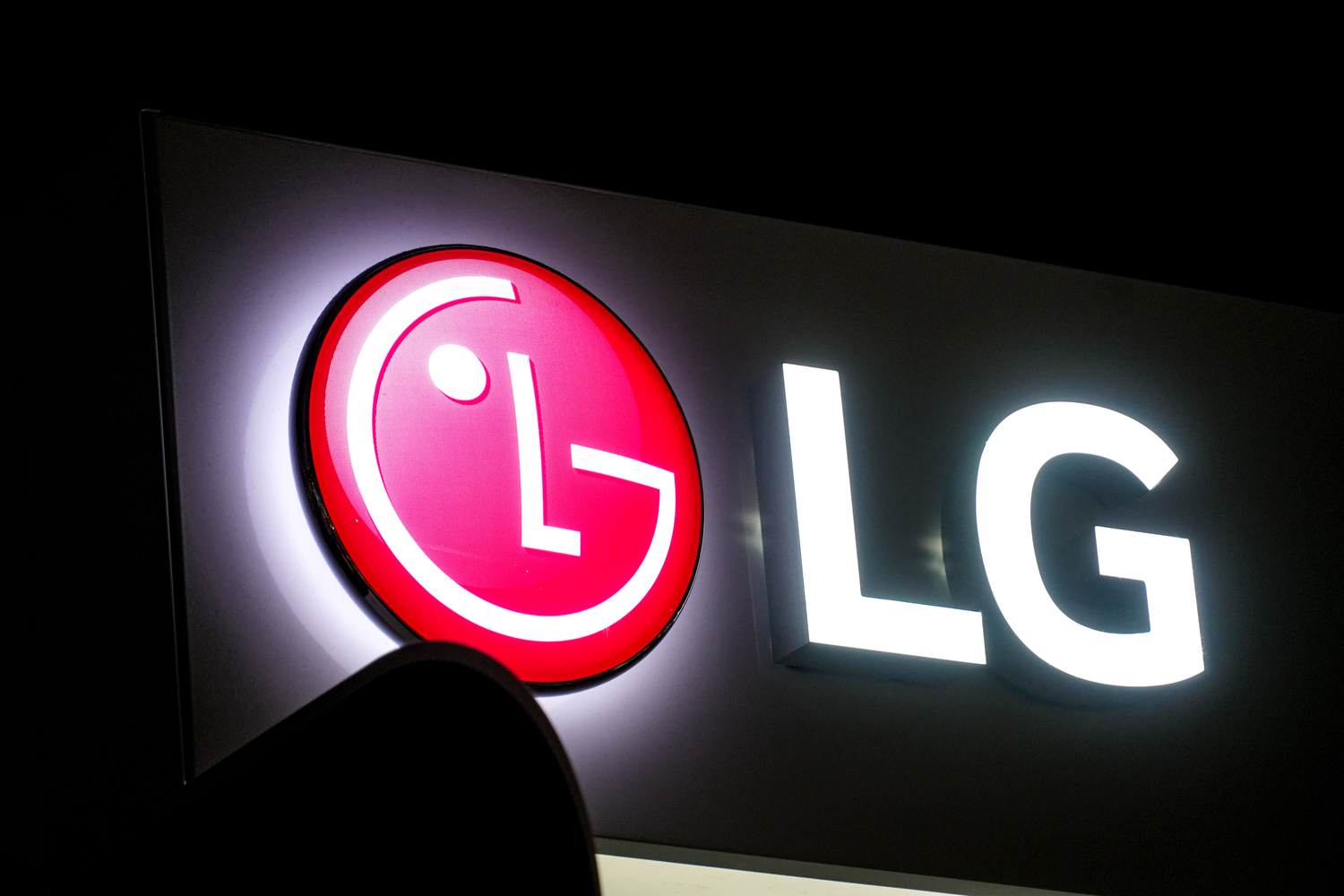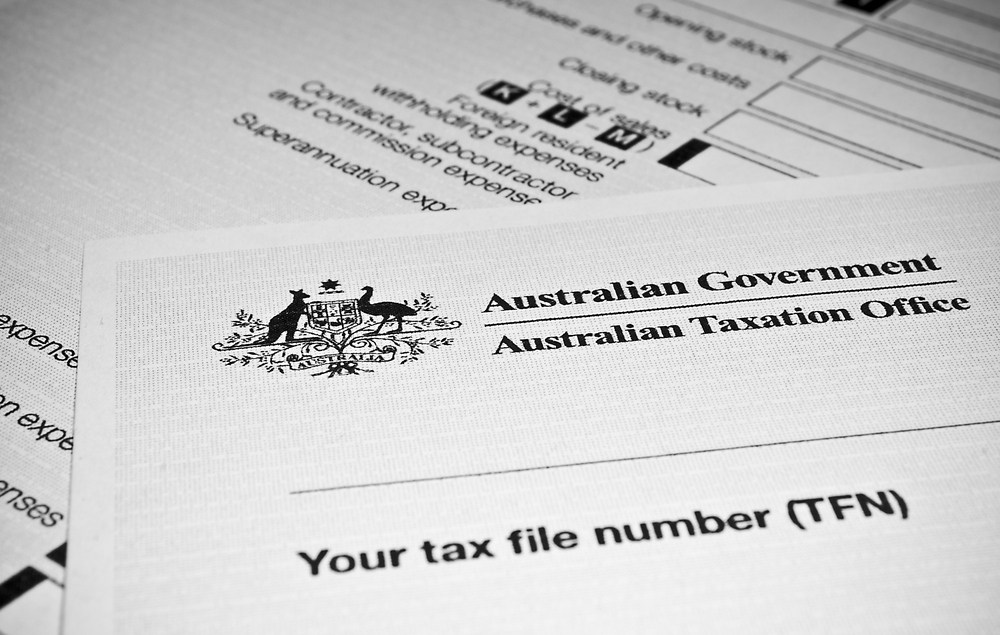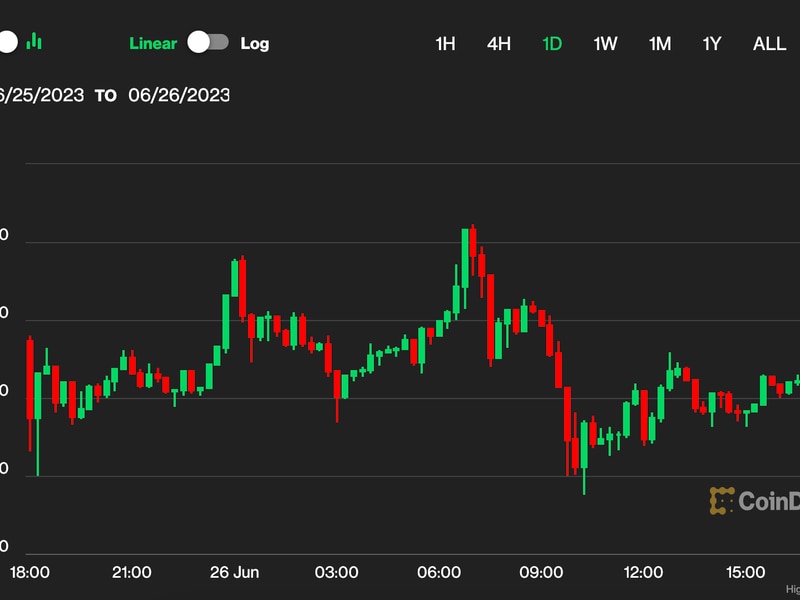US Senators Seek Stronger Sanctions on Venezuela’s ‘Petro’ Cryptocurrency
A bipartisan group of U.S. senators are pushing for tighter sanctions against Venezuela’s state-backed cryptocurrency, known as the petro.
The bill, known as the Venezuela Humanitarian Relief, Reconstruction and Rule of Law Act of 2018, covers a range of areas related to Venezuela, including proposed humanitarian aid to migrants from the country and efforts to support “restoring democracy” amidst its long-running economic crisis.
The bill is sponsored by Senators Bob Mendendez, Marco Rubio, Bill Nelson, John Cornyn, Dick Durbin, David Perdue, Ben Cardin, Ted Cruz, Tim Kaine, Michael Bennet and Patrick Leahy, according to LegiScan. It was first introduced on September 24.
It notably includes a section mirroring an executive order signed by U.S President Donald Trump in March that imposed sanctions on the petro, which Venezuelan President Nicolas Maduro unveiled last last year. The controversial cryptocurrency has drawn criticism and condemnation from some quarters while the government there itself has sought to implement it across a variety of industries. Earlier this week, Maduro said that a public sale of the petro would begin next month.
Yet the Senate bill takes Trump’s executive order a step further, barring U.S. residents from providing “software” to the Venezuelan government as part of its efforts to launch the petro.
“All transactions by a United States person or within the United States that relate to, provide financing for, provide software for, or otherwise deal in any digital currency, digital coin, or digital token, that was issued by, for, or on behalf of the Government of Venezuela are prohibited beginning on the date of the enactment of this Act,” the bill states.
Call for sanctions report
The bill also includes a section calling for a “report on the impact of cryptocurrencies on United States Sanctions,” mandating the U.S. State Department – along with the Commodity Futures Trading Commission and Securities and Exchange Commission – “submit a report to the appropriate congressional committees that provides an assessment on how digital currencies affect the effectiveness of United States sanctions around the world.”
The report, if the bill is passed and signed into law, would feature two main components. First, it would include details on efforts to use cryptocurrencies to evade U.S. sanctions.
Second, it calls for “recommendations for new legislation and regulatory measures” aimed at stopping such efforts, “including through the direct or indirect use of products or services of United States based technology, software or financial services firms.”
The report would be due six months after the bill is signed into law.
US Capitol image via Shutterstock
The leader in blockchain news, CoinDesk is a media outlet that strives for the highest journalistic standards and abides by a strict set of editorial policies. CoinDesk is an independent operating subsidiary of Digital Currency Group, which invests in cryptocurrencies and blockchain startups.








